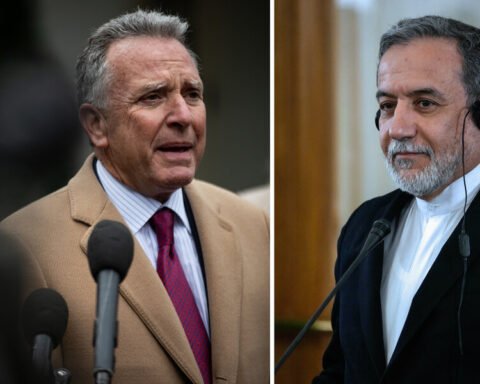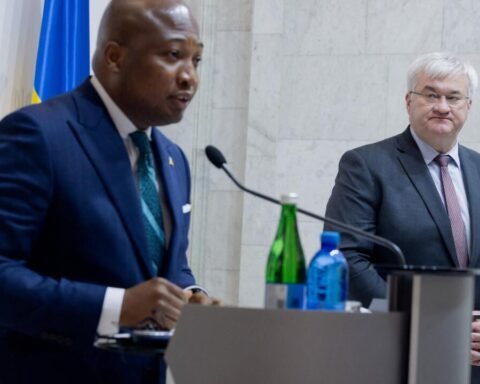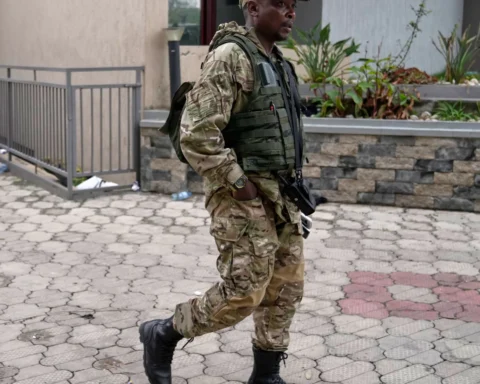In today’s hyperconnected world, where ideas, people, and cultures cross borders with the swipe of a screen, fostering cultural tolerance is no longer a mere aspiration—it is an essential pillar for global peace and progress.
While societies have grown increasingly interdependent through trade, travel, and technology, they have also faced rising tensions driven by misunderstanding and cultural polarization. As we become more exposed to different ways of life, our ability to accept and appreciate those differences is being tested.
At the heart of this challenge lies the principle of cultural tolerance—the willingness to recognize and respect other people’s belief systems, traditions, and identities, even when they differ from our own. According to the United Nations Educational, Scientific and Cultural Organization (UNESCO), cultural diversity should be seen as “a source of exchange, innovation and creativity.”
Across the world, various organizations have stepped up efforts to promote intercultural dialogue and education. One such initiative is the United Nations Alliance of Civilizations (UNAOC), a platform created to bridge divides between cultures and religions and to counter the forces of extremism and xenophobia.
Locally, several governments are also investing in inclusive education and multicultural awareness. In countries like Canada and New Zealand, for example, school curriculums include lessons on indigenous cultures and immigrant histories to foster mutual respect from an early age.
In Tanzania, a nation known for its ethnic and linguistic diversity, national unity has long been championed through cultural festivals and public service messaging. Events like the Saba Saba Trade Fair and Uhuru Torch Day highlight the shared values and identities of over 120 ethnic groups, sending a powerful message of solidarity.
Experts in peacebuilding argue that tolerance goes beyond avoiding conflict—it plays a proactive role in preventing the marginalization of minorities and curbing radicalization. “When people feel seen, heard, and valued, they are less likely to turn toward violence or division,” says Dr. Amina Guleid, a scholar in intercultural peace studies.
Also Read; Central Bank Slashes Lending Rate to Spur Economy
Even in the digital age, cyber hate speech and online misinformation often target ethnic or religious groups, making it all the more urgent to promote digital literacy and civic responsibility online.
The World Day for Cultural Diversity for Dialogue and Development, celebrated every May 21st, is a global reminder of the need to continue this work. Recognized by the UN General Assembly, the day encourages people to engage in activities that promote respect and understanding across cultures.
As Kofi Annan, former UN Secretary-General and Nobel Peace Prize laureate, once said, “We may have different religions, different languages, different colored skin, but we all belong to one human race.”
In a time when fear and division seem to dominate headlines, the call for cultural tolerance is a call for humanity itself. It’s a reminder that peace begins not in parliaments or treaties—but in our willingness to recognize the dignity of others.?







